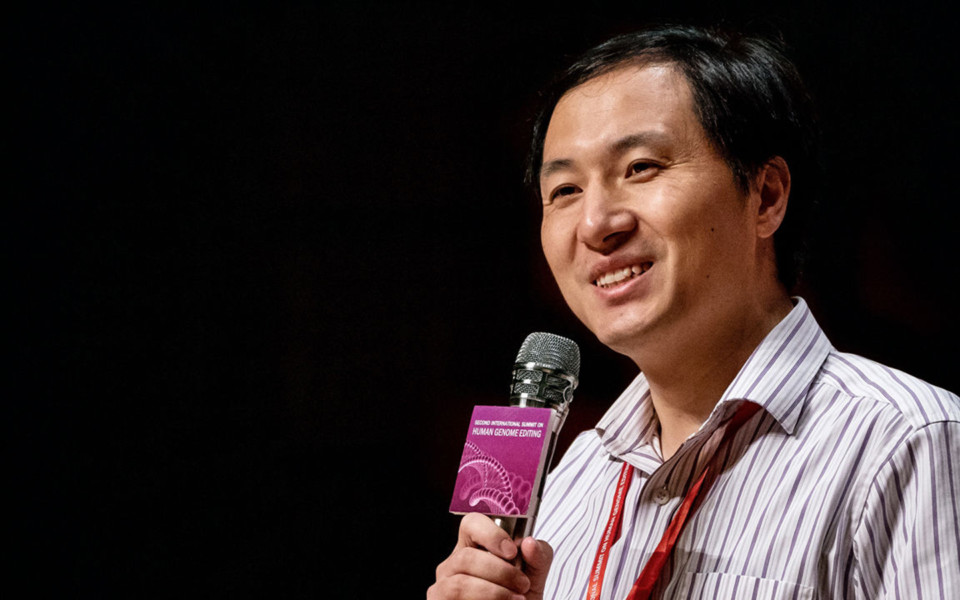After last week’s shock, scientists scramble to prevent more gene-edited babies
Few seemed more surprised by the tide of outrage unleashed by the claim that the first gene-edited babies had been created with the revolutionary lab tool called CRISPR than He Jiankui, the scientist responsible. On the eve of the International Summit on Human Genome Editing in Hong Kong, China, last week, He, a researcher at nearby Southern University of Science and Technology in Shenzhen, China, had dinner at the city’s Le Méridien Cyberport with a few of the meeting’s organizers. The news of He’s claim had just broken, and shock waves were starting to reverberate. But the reports were still so fresh that the diners sat in the restaurant without being disturbed.
“He arrived almost defiant,” says Jennifer Doudna, who did landmark CRISPR work at the University of California (UC), Berkeley. She and the other conference organizers politely asked He questions about the scientific details and rationale of his work, the permissions he had secured to conduct it, and how he recruited hopeful parents to participate and informed them about risks. He asked them whether his planned talk 2 days later should include data about the twin girls, who had a gene altered to make them resistant to HIV infection. “We were all like, ‘Uh, yes,’” Doudna says.
After more than an hour of questioning, He had had enough. “He just seemed surprised that people were reacting negatively about this,” Doudna says. “By the end of the dinner he was pretty upset and left quite abruptly.”


